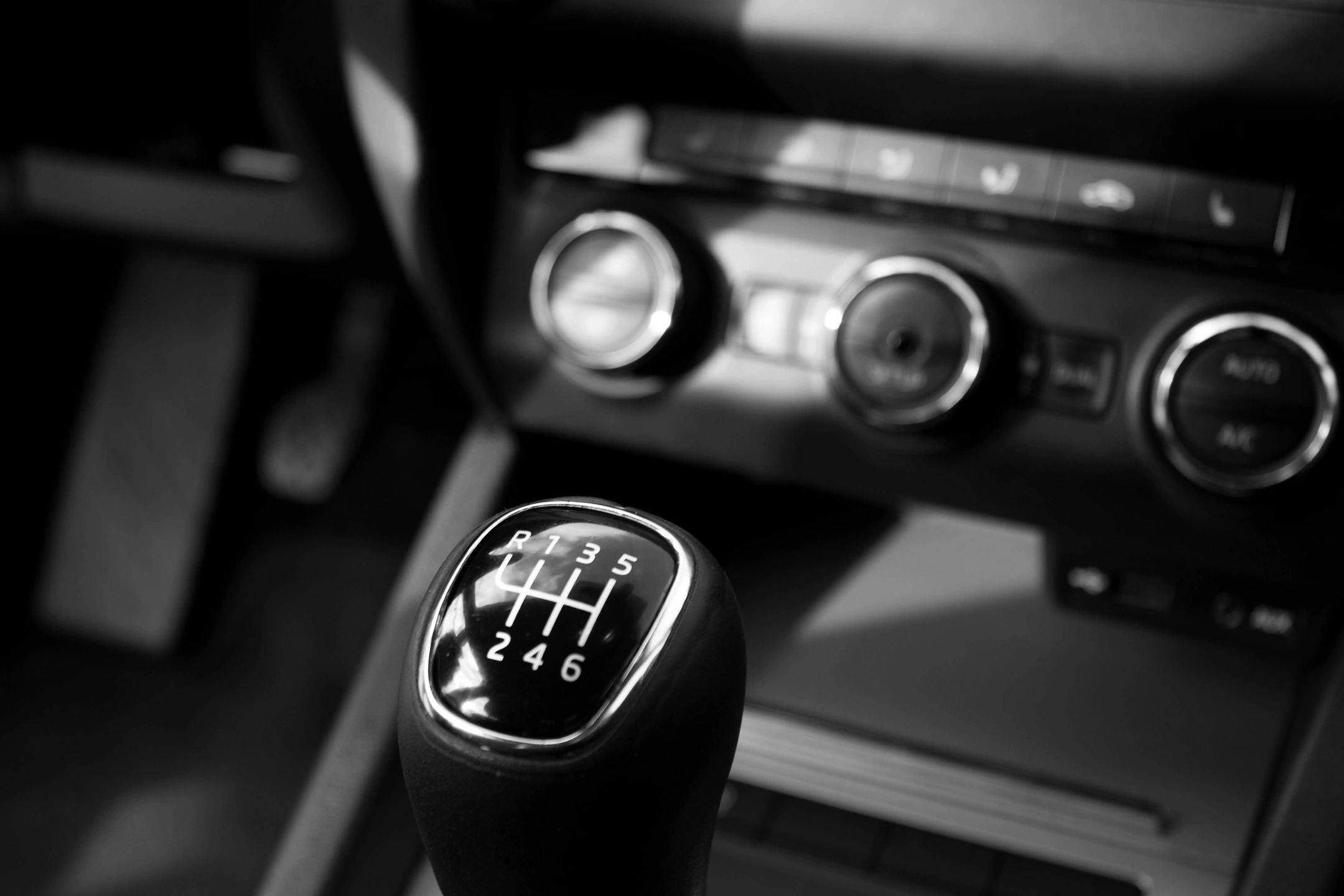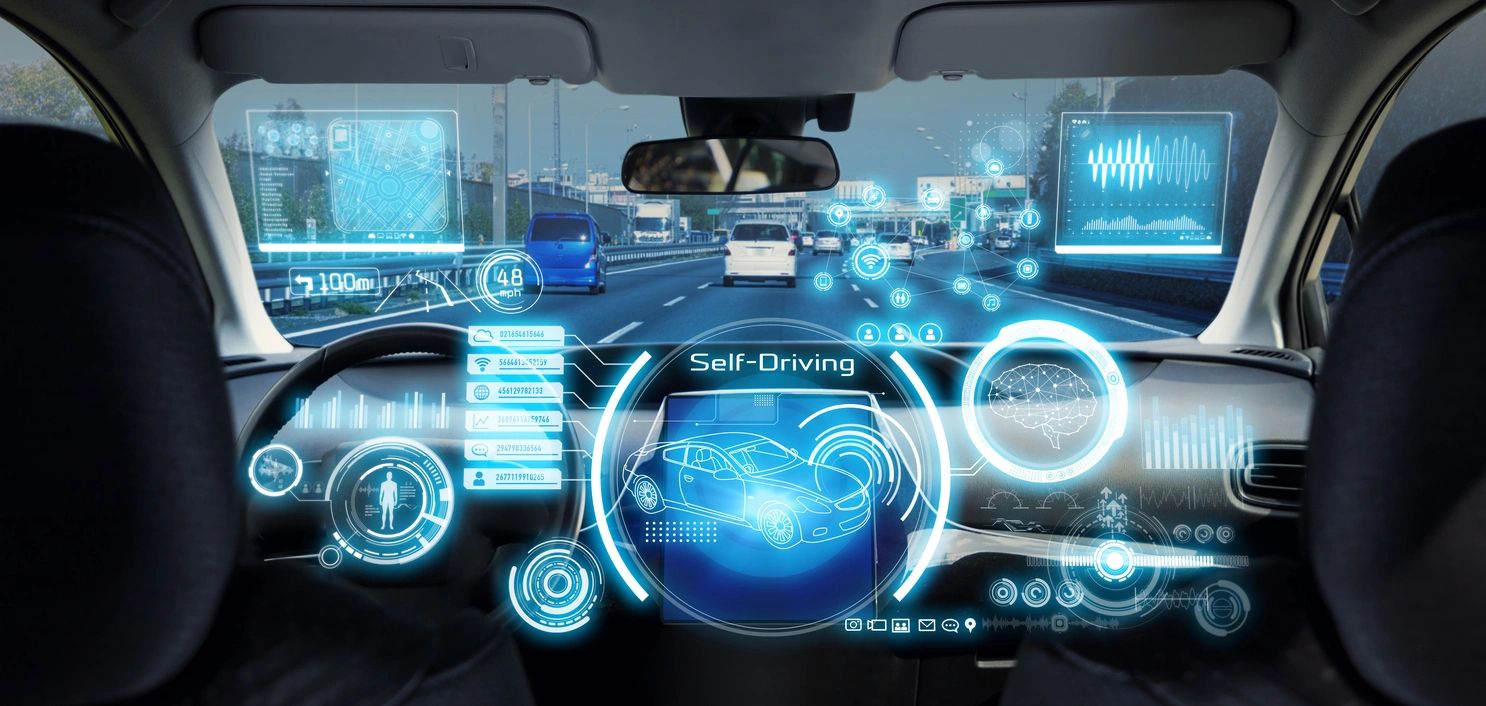What Is a BIK Rate, and Why Should You Care?
Benefit in Kind (BIK) is a tax charged on perks or benefits you receive from your business that aren’t part of your salary—like a company car. HMRC treats this as extra income, which means you pay tax on it.
How BIK Is Calculated
For company cars, the BIK tax is based on:
- The car’s list price (including VAT): This is the official price, not what you paid.
- The BIK rate: A percentage set by HMRC based on the car’s CO2 emissions.
- Low-emission vehicles (like electric cars): Attract lower rates.
- High-emission vehicles (like petrol/diesel cars): Attract much higher rates.
Example
- Let’s say your car’s list price is £40,000, and the BIK rate is 3%. The taxable value of the car is:
£40,000 × 3% = £1,200.
If you’re a higher-rate taxpayer (40%), you’ll pay:
£1,200 × 40% = £480 per year in tax.
For a petrol car with a 37% BIK rate, the taxable value would jump to £14,800, resulting in an annual tax bill of £5,920 for the same vehicle. That’s why understanding BIK rates is so important.


Mistake #1: Ignoring the Tax Efficiency of Electric Cars
Fully electric cars (EVs) are the king of tax efficiency, and ignoring them is a massive missed opportunity.
Why Electric Cars Are the Best Choice
- Low BIK Rates: EVs currently have a 2% BIK rate. From April 2025, the rate will rise to 3%, increasing by 1% each year to reach 5% from April 2027. Even at 5%, EVs are far more tax-efficient than petrol or diesel cars.
- Full Tax Relief in Year One: EVs qualify for 100% First-Year Allowance (FYA). This means you can deduct the entire cost of the car from your business profits in the year of purchase, reducing your corporation tax bill.
- Extra Perks: Your business can pay for a home charging point tax-free, offering additional savings for directors or employees.
Solution
If an EV fits your business needs, it’s the smartest financial decision. The low BIK rates, instant tax relief, and reduced running costs make it hard to beat.
Mistake #1: Ignoring the Tax Efficiency of Electric Cars
Fully electric cars (EVs) are the king of tax efficiency, and ignoring them is a massive missed opportunity.
Why Electric Cars Are the Best Choice
- Low BIK Rates: EVs currently have a 2% BIK rate. From April 2025, the rate will rise to 3%, increasing by 1% each year to reach 5% from April 2027. Even at 5%, EVs are far more tax-efficient than petrol or diesel cars.
- Full Tax Relief in Year One: EVs qualify for 100% First-Year Allowance (FYA). This means you can deduct the entire cost of the car from your business profits in the year of purchase, reducing your corporation tax bill.
- Extra Perks: Your business can pay for a home charging point tax-free, offering additional savings for directors or employees.
Solution
If an EV fits your business needs, it’s the smartest financial decision. The low BIK rates, instant tax relief, and reduced running costs make it hard to beat.

Mistake #2: Overpaying for Petrol and Diesel Cars
Petrol, diesel, and hybrid cars may seem practical, but they come with significant tax and cost disadvantages.
- High BIK Rates: These cars are taxed at rates between 20% and 37%, depending on CO2 emissions. That’s a huge cost compared to EVs.
- Slow Tax Relief:
- Cars emitting up to 50g/km CO2 qualify for an 18% Writing Down Allowance (WDA) annually on a reducing balance.
- Cars with emissions over 50g/km CO2 are stuck with a 6% WDA. This means it takes years to fully write off the cost of the vehicle.
- Mileage Reimbursement Issues: For company-owned petrol or diesel cars, mileage reimbursement is limited to HMRC’s Advisory Fuel Rates, which are low and change monthly.
Solution
If EVs aren’t an option, buy the car personally and have the company reimburse you at 45p per mile for the first 10,000 miles and 25p per mile thereafter. This approach avoids BIK tax and can save you thousands.


Mistake #3: Misclassifying a Van as a Car
Vans are often a better choice for tax efficiency, but HMRC’s rules on what qualifies as a van are strict, especially for double-cab pickups.
Why Vans Can Be a Smart Move
- Flat BIK Rate: Vans have a fixed BIK rate for private use, being £4,020 in 2025/26. This is much lower than the variable rates for cars.
- Full VAT Recovery: Businesses can claim 100% VAT on vans used for business purposes.
- Full Tax Write-Offs: Vans qualify for the Annual Investment Allowance (AIA), allowing you to deduct the entire purchase price in the year of acquisition.
The HMRC Catch
HMRC has revised its stance on vans several times, particularly for double-cab pickups. If a vehicle is deemed to prioritise passenger transport over cargo, it will be classified as a car instead of a van. This means higher taxes, lower VAT recovery, and more restrictions.
Solution
Check HMRC’s guidelines carefully before purchasing. The wrong classification can cost you thousands.
Mistake #3: Misclassifying a Van as a Car
Vans are often a better choice for tax efficiency, but HMRC’s rules on what qualifies as a van are strict, especially for double-cab pickups.
Why Vans Can Be a Smart Move
- Flat BIK Rate: Vans have a fixed BIK rate for private use, being £4,020 in 2025/26. This is much lower than the variable rates for cars.
- Full VAT Recovery: Businesses can claim 100% VAT on vans used for business purposes.
- Full Tax Write-Offs: Vans qualify for the Annual Investment Allowance (AIA), allowing you to deduct the entire purchase price in the year of acquisition.
The HMRC Catch
HMRC has revised its stance on vans several times, particularly for double-cab pickups. If a vehicle is deemed to prioritise passenger transport over cargo, it will be classified as a car instead of a van. This means higher taxes, lower VAT recovery, and more restrictions.
Solution
Check HMRC’s guidelines carefully before purchasing. The wrong classification can cost you thousands.

Mistake #4: Choosing the Wrong Financing Option
The way you finance your vehicle can significantly impact your cash flow and tax relief. Here’s a quick breakdown:
- Leasing:
- Pros: Lower upfront costs, predictable monthly payments, and 50% VAT recovery on personal-use vehicles.
- Cons: You don’t own the vehicle, and costs can add up over time.
- Hire Purchase (HP):
- Pros: Spread costs over time, and you own the vehicle at the end of the term. WDAs apply to offset tax (including 100% FYA for EVs).
- Cons: Can include high interest costs, but does attract corporation tax relief.
- Buying Outright:
- Pros: Full ownership from the start. EVs benefit from 100% FYA, giving you maximum tax relief upfront.
- Cons: Large upfront payments can strain cash flow.
Solution
Choose the financing option that aligns with your cash flow and long-term goals. If cash flow is tight, leasing might make sense. For maximum tax savings, buy outright if you can afford it.


Mistake #5: Overlooking Employee Perks
Offering company vehicles isn’t just about the numbers—it’s also a great way to incentivise and retain employees. Here’s what you can do to sweeten the deal:
- Tax-Free Charging Points: If your business provides an EV, it can also pay for a home charging point tax-free, giving employees a real, valuable benefit.
- Simplified Costs: Employees don’t have to worry about insurance, road tax, or maintenance—it’s all covered by the company.
Solution
Use these perks strategically to attract top talent while keeping costs manageable.
Mistake #5: Overlooking Employee Perks
Offering company vehicles isn’t just about the numbers—it’s also a great way to incentivise and retain employees. Here’s what you can do to sweeten the deal:
- Tax-Free Charging Points: If your business provides an EV, it can also pay for a home charging point tax-free, giving employees a real, valuable benefit.
- Simplified Costs: Employees don’t have to worry about insurance, road tax, or maintenance—it’s all covered by the company.
Solution
Use these perks strategically to attract top talent while keeping costs manageable.

Avoid These Mistakes and Save Big
Here’s the bottom line:
- Fully Electric Cars: The best choice for tax efficiency. Even with BIK rates of 3% in 2025 and 5% by 2027/28, they’re far more cost-effective than petrol or diesel cars.
- Petrol/Diesel Cars: Avoid as company vehicles. If EVs aren’t practical, buy personally and claim mileage reimbursement instead.
- Vans: A practical, tax-efficient option, but only if HMRC classifies it as a van.
Stop Overpaying—Get Expert Advice Today
Navigating company car tax rules can be tricky, but we’re here to make it simple. Let us help you choose the most cost-effective option for your business, saving you time, money, and stress.
Contact us today for tailored advice and take control of your business vehicle decisions.




